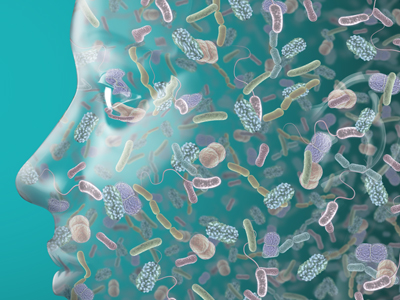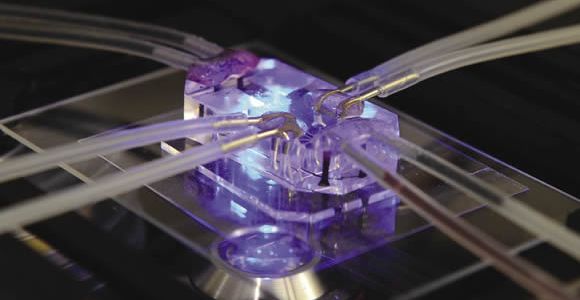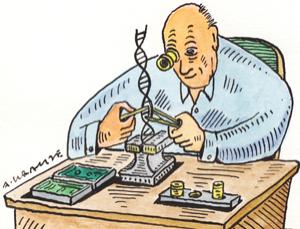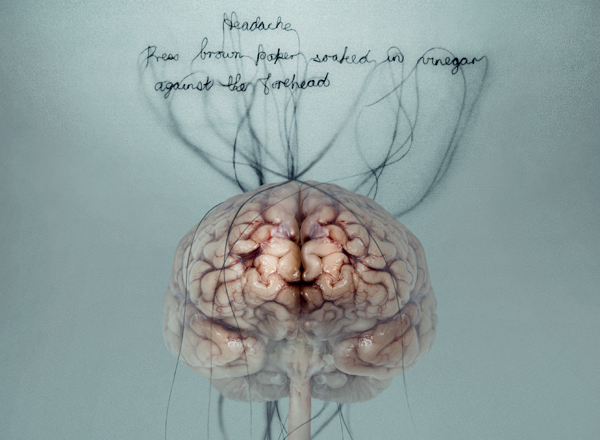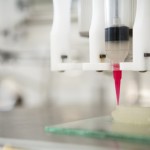 Metagenomics is a field of research which uses genomic data from a large number of organisms in an ecosystem to attempt to characterise the ecosystem holistically. This technique has only recently been possible with the advent of high throughput sequencing. Metagenomics is particularly good for investigating life which can’t be readily grown/cultured in a lab – which is a surprisingly large amount of the microbial world. One particular part of the microbial world, our own bodies, is being investigated in the Human Microbiome Project.
Metagenomics is a field of research which uses genomic data from a large number of organisms in an ecosystem to attempt to characterise the ecosystem holistically. This technique has only recently been possible with the advent of high throughput sequencing. Metagenomics is particularly good for investigating life which can’t be readily grown/cultured in a lab – which is a surprisingly large amount of the microbial world. One particular part of the microbial world, our own bodies, is being investigated in the Human Microbiome Project.
- Search
- Recent Posts
-
- Biology & Technology?“The biggest innovations of the twenty-first century will be [at] the intersection of biology and technology. A new era is beginning…” – Steve Jobs
(‘Steve Jobs’ by Walter Isaacson, p. 539) - Recent Comments
- You got a transaction from user. Continue >> https://telegra.ph/BTC-Transaction--316884-05-10?hs=839c388b6c397122fa99dc7cf70adff3& on Video of the Week #4: Rachel Armstrong on Earth’s Bright Future (London Real)
- Artificial intelligence creates content for the site, no worse than a copywriter, you can also use it to write articles. 100% uniqueness :). Click Here: https://stanford.io/3FXszd0?h=95404fc5efdda647fb2aadab4a7b30f5& on Mark Lynas On Why He Now Supports GM Food
- Artificial intelligence creates content for the site, no worse than a copywriter, you can also use it to write articles. 100% uniqueness :). Click Here: https://stanford.io/3FXszd0?h=28fb8c2dd3eca760cf05715ef7866cf8& on Mark Lynas On Why He Now Supports GM Food
- Reduslim prezzo in farmacia on Bioinformatics as a Hobby
- Sunburstwka on Video of the Week #6: The Biotech Revolution



















